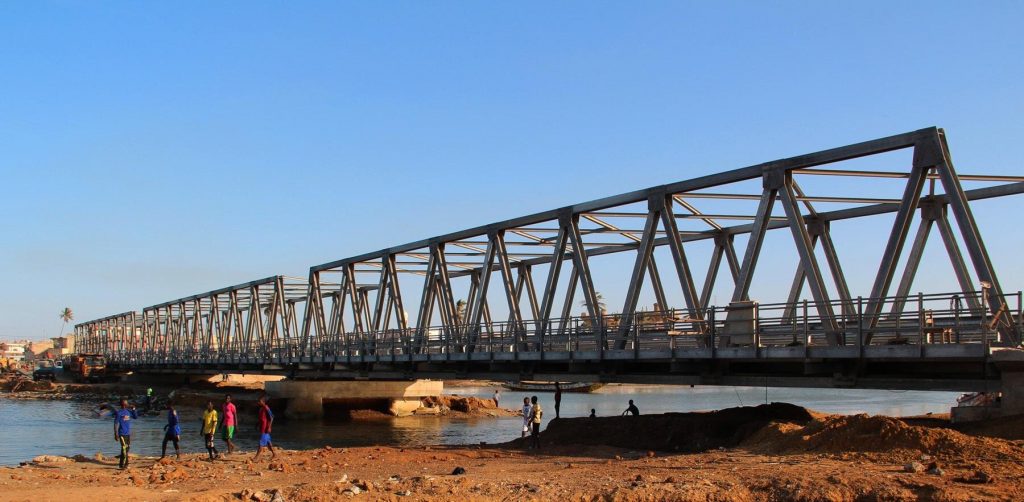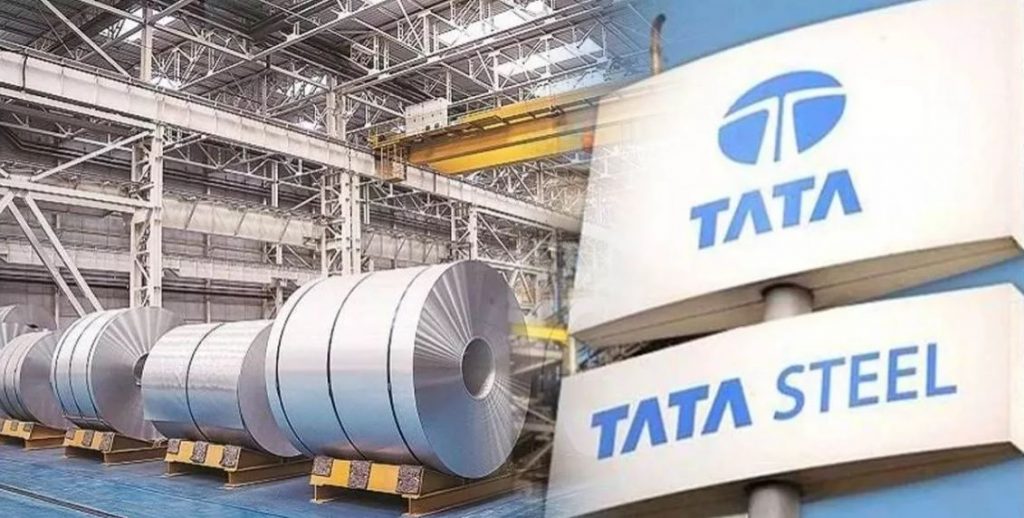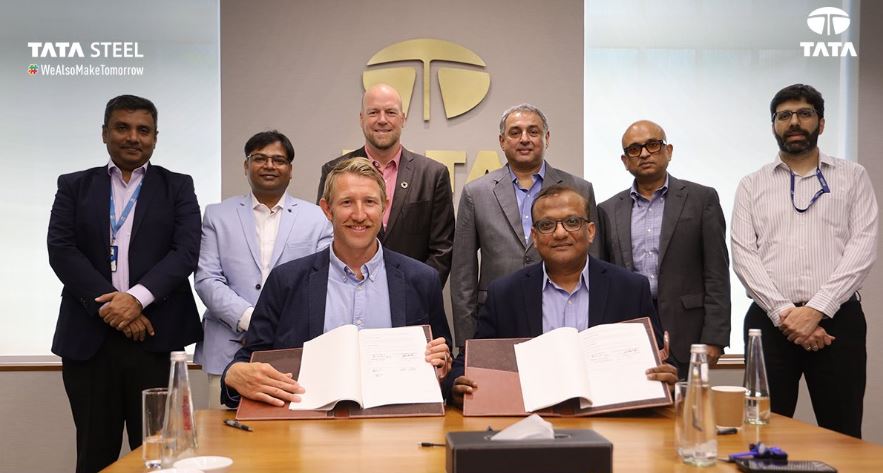Tata Steel has partnered with Australia’s InQuik Group to bring modular bridge technology to India. This smart, fast, and cost-effective method will help build strong, climate-resilient bridges, especially in remote areas. The move aims to boost India’s infrastructure with innovative and sustainable solutions.
In a major move to strengthen India’s infrastructure, Tata Steel has signed a Memorandum of Understanding (MoU) with Australian company InQuik Group to introduce its award-winning modular bridge technology in the Indian market. The MoU was signed in Australia in the presence of Tata Steel CEO & MD T.V. Narendran and InQuik Group CEO Logan Mulholland. This strategic partnership aims to combine Tata Steel’s industrial strength with InQuik’s cutting-edge bridge-building technology to meet the growing infrastructure needs of a rapidly developing India.
What Is Modular Bridge Technology?
The InQuik system uses pre-fabricated steel formworks, which are manufactured off-site and then filled with concrete on location. This process significantly reduces the time and resources required for construction. The result is a climate-resilient, cost-effective, and fast-to-build bridge that is suitable for rural, tribal, hilly, and border areas where traditional construction is difficult or slow. These bridges are designed to withstand floods, earthquakes, heavy traffic, and harsh weather making them ideal for India’s geographically diverse regions.
Key benefits of the technology are Faster Construction compared to traditional bridges, Lower cost (up to 30% cheaper), Resistant to disasters like earthquakes and floods, No need for heavy machinery – ideal for remote/hilly areas, Eco-friendly and sustainable, Long lifespan and low maintenance
Also Read: Tata Steel Asked to Share BTA and Encroachment Details Ahead of Lease Renewal

Why This Technology Matters for India
Compared to conventional methods, modular bridges can be constructed 20-30% faster and at lower cost. They require minimal heavy machinery, making them perfect for remote locations in states like Jharkhand, Odisha, Bihar, Chhattisgarh, Uttarakhand, Himachal Pradesh, and the North-Eastern states. The bridges are eco-friendly, with less environmental disruption, and are especially useful for emergency relief, disaster recovery, and improving road connectivity in underserved regions.
Tata Steel CEO T.V. Narendran said, “Our goal is to offer smart and sustainable building solutions for the needs of modern India. Partnering with InQuik reflects our commitment to innovation and transforming traditional construction into something faster, more efficient, and more resilient.”
InQuik Group CEO Logan Mulholland added, “We are proud to partner with a global giant like Tata Steel. This collaboration gives us a strong platform to introduce our advanced bridge technology in India. It marks a key milestone in our international expansion.”
Also Read: India’s Top 10 Richest in 2025: Mukesh Ambani Leads, Adani Follows Close

Initiative Towards Building a New India
This collaboration aligns with India’s vision of creating next-generation infrastructure that is both technologically advanced and environmentally responsible. By adopting InQuik’s modular bridge system, Tata Steel is not only strengthening its own product portfolio but also contributing to national development goals. From reducing social isolation in remote villages to enhancing emergency access in disaster-hit zones, these new-age bridges could soon become a symbol of progress, safety, and sustainability in India’s changing landscape.
Also Read: Tata Steel Receives Rs. 1000 Crore GST Notice Over Alleged Irregular Tax Credit


